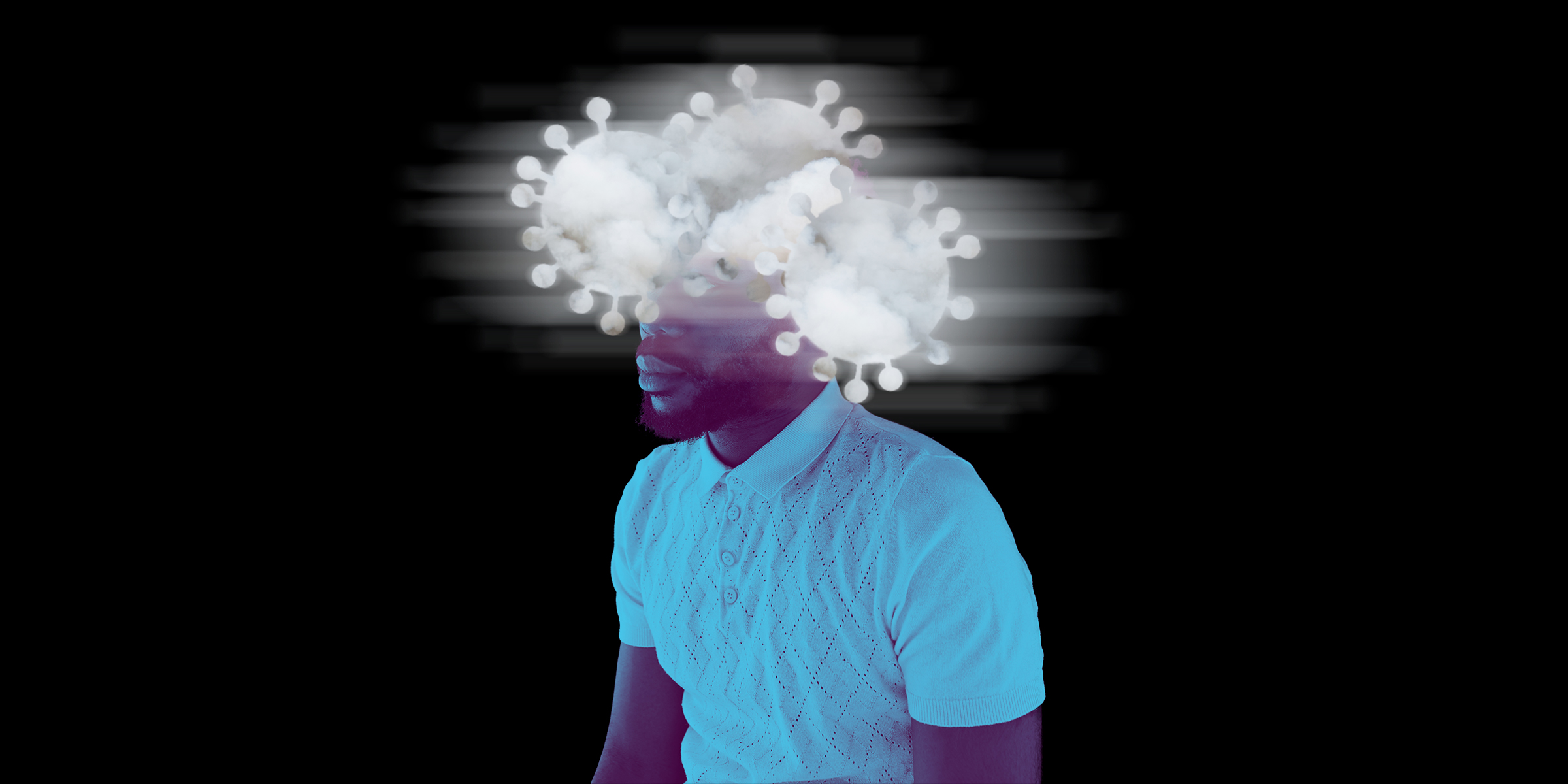

When Madathil determines where the problem happens, she can provide tailored solutions to help.

And for some, these issues can be severe enough to impact their. Severe COVID19 is associated with a more severe immune response and cytokine storm, and, consequently, more organ damage (e.g., brain damage) 18, 19, 20 2. A surprising amount of people still report having issues with memory and 'brain fog' for weeks or months after a COVID-19 infection. One first has to pay attention, then encode that information, then store it and finally retrieve it. Speculatively, we can hypothesize that a more severe COVID19 is a risk factor for LCS (including brain fog) because of the following possibilities: 1. Nevertheless, Covid-related brain fog is difficult to diagnose and to separate from other reasons for the symptoms in an individual patient, because neurocognitive longitudinal data for patients. “I'm going to try to break down the steps to memory formation and take a magnifying glass to each of those steps and see where the breakdown is.” “When we look at memory issues as rehabilitation specialists we have to figure out where the breakdown is occurring,” Madathil said. Often a patient’s goals drive the treatments. Cognitive therapists, who are often neuropsychologists, try to determine where the problem starts through a thorough assessment. These survivors have been called long-haulers, and experts say some. While some survivors have fully recovered from this illness, others are still experiencing lingering effects, such as chronic fatigue, brain fog, dizziness and increased heart rate. “Your PCP can take it from there and start targeting a plan to manage some of those issues.” What’s cognitive therapy?įor people who still feel as if medication and behavior changes aren’t improving their thinking, cognitive therapy can help. For almost one year, COVID-19 has impacted the world and taken the lives of many people. Studying the downstream effect of inflammation, in the body and in the brain, may lead us to the answer. This is a hintthat these changes may be occurring even without a true infection of the brain cells themselves. “You can go to your PCP and say, ‘I’ve been journaling … These are the patterns I have noticed,’” Madathil said. Columbia neuropathologists recently led a report on a patient with inflammatory changes in the brain during his COVID-19 infection. It also helps direct more specific conversations with doctors. That can really help people prioritize healthy behaviors to try to improve their cognition. Sometimes people might realize that on days they sleep poorly they also have more trouble thinking. “Monitor your symptoms by writing them down and keeping a daily journal,” she told TODAY.


 0 kommentar(er)
0 kommentar(er)
